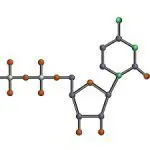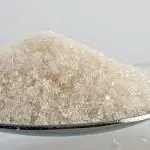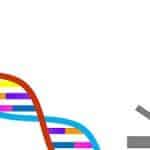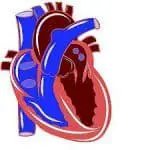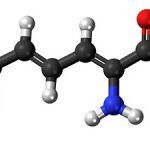The two types of nitrogenous bases 'Purines and Pyrimidines' differ in their structure. Purine is composed of an organic ring having two nitrogen and four carbon atoms fused with an imidazole ring, whereas pyrimidine structure is similar to that of benzene having two nitrogen and four carbon atoms only. Purines and Pyrimidines are very known as the backbone for the formation … [Read more...] about Difference Between Purines and Pyrimidines
Biochemistry
Difference Between Glucose and Fructose
Glucose and fructose are the simple sugars, with the same molecular formula 'C6H12O6'. Glucose is the aldohexose, while fructose is ketohexoses. Fructose is commercially used as sweeteners in the food and beverages industries. The table sugar or sucrose is made up of fructose and glucose. Usually, our body also absorbs this type and is used to produce energy by the cells. … [Read more...] about Difference Between Glucose and Fructose
Difference Between Codon and Anticodon
Codons can be said as the three-base sequence of nitrogenous bases present in a row on mRNA. These nitrogenous bases are Adenine, Guanine, Cytosine, and Uracil (thymine is present in DNA). The complementary sequence of the codons triplets are known as anticodons. Secondly, one mRNA contains numerous codons, but one tRNA has only one anticodon, that codes for an amino acid. … [Read more...] about Difference Between Codon and Anticodon
Difference Between Blood and Lymph
Blood is the type of connective tissue found in our body and plays a significant role in transporting various substances to different parts of the body. Lymph is the white colour fluid tissue, made up of white blood cells and lymphocytes and plays a significant role in carrying the white blood cells to and from the bones and lymph nodes. Secondly, Blood plays a leading role … [Read more...] about Difference Between Blood and Lymph
Difference Between Molecules and Compounds
When the chemical bonds unite any atoms (two or more) is known as a molecule. But such type of molecules that consist of different atoms (two or more) of different chemical elements are known as compounds. However, it is a fact that all compounds are molecules, but all molecules are not compounds. So, we can say that any combination of atoms is a molecule, but when the … [Read more...] about Difference Between Molecules and Compounds

